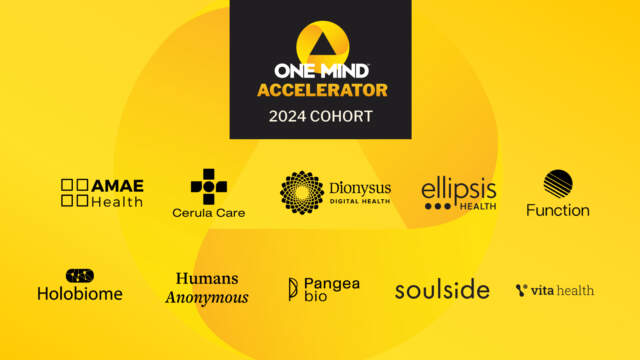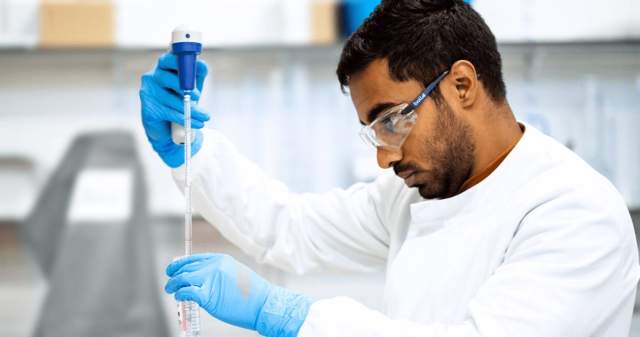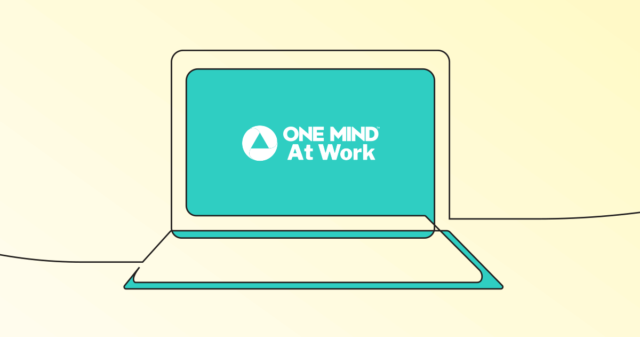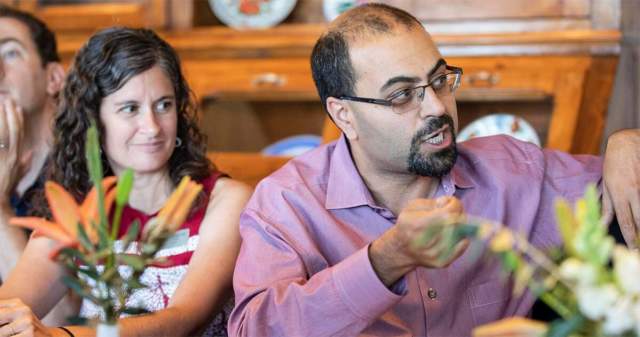Alzheimer’s Disease
Alzheimer’s Defined
Alzheimer’s Disease is an irreversible, progressive brain disorder that slowly destroys memory and thinking skills and, eventually, the ability to carry out simple tasks. Alzheimer’s is the most common cause of dementia in older adults, and the condition’s rate of growth is rapidly increasing; by 2050, the number of Americans with Alzheimer’s could grow to 16 million.
Changes in the brain may begin a decade or more before memory loss and other cognitive problems appear. During this preclinical stage, abnormal deposits of proteins form amyloid plaques and neurofibrillary, or tau, tangles in the brain. Healthy neurons stop functioning, lose connections with other neurons, and die.
Currently, there is no cure for Alzheimer’s. However, scientists believe that gaining a better understanding of immune cells and inflammatory processes in the brain could be key to understanding Alzheimer’s mechanisms. Researchers are also studying biomarkers, the biological signs of disease, to detect early changes in the brains of people who may be at greater risk for Alzheimer’s. Early detection is likely possible, but more research is needed before these diagnostic techniques can become standard practice.
Symptoms
Most people with Alzheimer’s Disease begin to experience symptoms in their mid-60s (late-onset type). People with early-onset Alzheimer’s begin to experience symptoms between their 30s and mid-60s, though this type is very rare.
The early symptoms of Alzheimer’s vary from person to person, but may include a decline in non-memory aspects of cognition such as:
- Word-finding
- Vision/spatial issues
- Impaired reasoning or judgment
Effects
People who have Alzheimer’s Disease may also experience depression, anxiety, bipolar disorder, and hallucinations.
The symptoms that someone with Alzheimer’s may experience can also affect their loved ones. Their ability to live independently and function as a family member or friend may be impacted, increasing stress on their relationships.
If You Are In Crisis
Call the toll-free National Suicide Prevention Lifeline at 1-800-273-TALK (8255), available 24 hours a day, 7 days a week. The service is available to everyone. All calls are confidential. Contact social media outlets directly if you are concerned about a friend’s social media updates or dial 911 in an emergency.
If you are thinking about harming yourself or thinking about suicide:
- Tell someone who can help right away.
- Call your licensed mental health professional if you are already working with one.
- Call your doctor or health care provider.
- Go to the nearest hospital emergency department or call 911.





